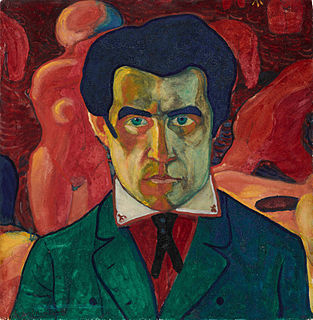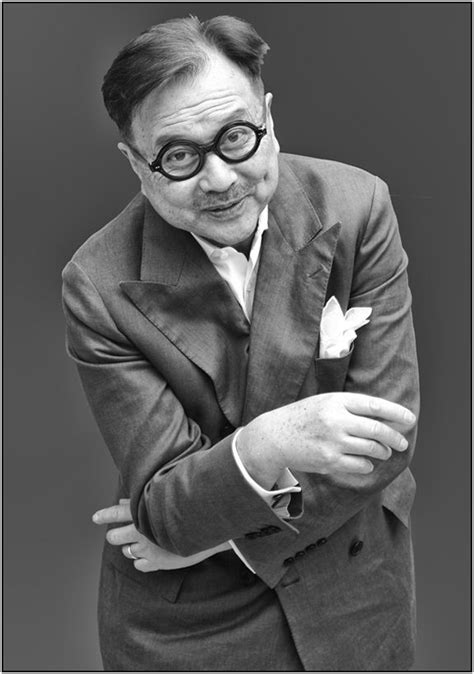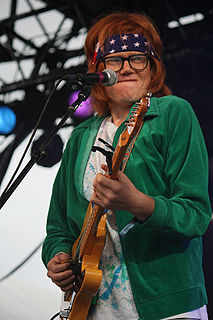A Quote by Paul Gauguin
With practice the craft will come almost of itself, in spite of you and all the more easitly if you think of something besides technique.
Related Quotes
When you climb a ladder and arrive on the sixth step and you think that is the highest, then you cannot come to the seventh. So the technique is to abandon the sixth in order for the seventh step to be possible. And this is our practice, to release our views. The practice of nonattachment to views is at the heart of the Buddhist practice of meditation.
Let there be music in the home. If you have teenagers who have their own recordings, you will be prone to describe the sound as something other than music. Let them occasionally hear something better. Expose them to it. It will speak for itself. More of appreciation will come than you may think. It may not be spoken, but it will be felt, and its influence will become increasingly manifest as the years pass.
The only thing I can say that is not bullshit is that you do have to learn to write in a way that you would learn to play the violin. Everybody seems to think that you should be able to turn on the faucet one day and out will come the novel. I think for most people it's just practice, practice, practice, that sense of just learning your instrument until - when you have an idea on the violin, you don't have to translate it into violin-speak anymore - the language is your own. It's not something you can think your way into, or outsmart. you've just got to do it.
To think that practice and realization are not one is a heretical view. In the Buddha Dharma, practice and realization are identical. Because one's present practice is practice in realization, one's initial negotiating of the Way in itself is the whole of original realization. Thus, even while directed to practice, one is told not to anticipate a realization apart from practice, because practice points directly to original realization.
I think this is why the practice is such a comfort to secular urbanites like me-it's a technique, not a faith. You don't have to believe in anything, even yoga itself, to find joy and solace in the conscious joining of breath and movement, or relief in slowing the whirling of the mind. You just have to do it.








































